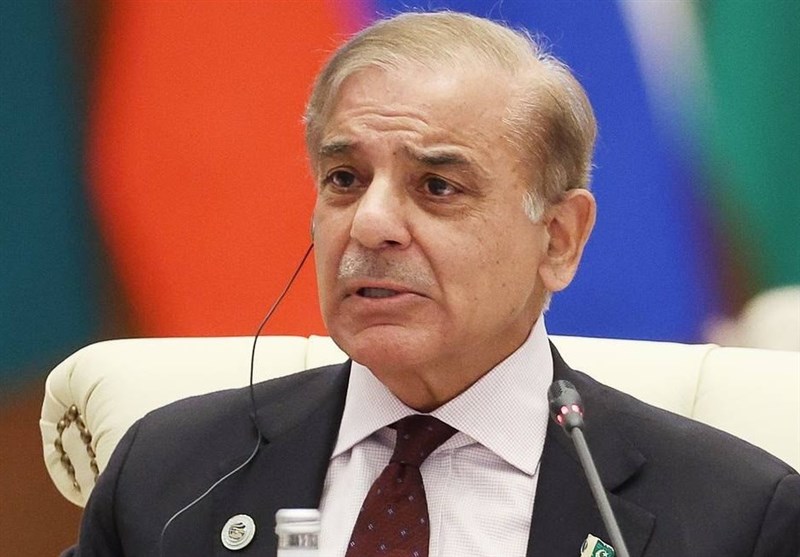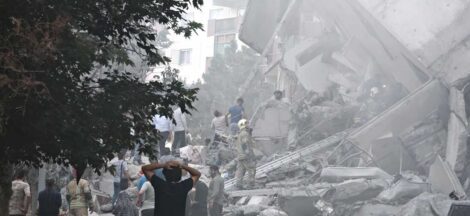Pakistani Prime Minister Shehbaz Sharif has acknowledged that the nation’s armed forces were caught off guard when India launched a series of BrahMos missile strikes on multiple airbases across Pakistan during the night of May 9–10. Speaking at an event in Azerbaijan, Sharif confirmed that the Nur Khan airbase in Rawalpindi was among the targets hit by the Indian offensive.
Sharif revealed that Pakistan had planned a retaliatory strike against India at 4:30 a.m. on May 10, following the Fajr prayers. However, before this could be executed, India launched its pre-emptive missile attacks, disrupting Pakistan’s intended military response. The Prime Minister stated that he was informed of the strikes by General Asim Munir, who has since been promoted to the rank of Field Marshal.
The Indian Air Force reportedly deployed around 15 BrahMos missiles and other precision-guided munitions, targeting key military installations, including the Nur Khan airbase and other strategic sites across various provinces. The strikes were part of a broader operation aimed at neutralizing Pakistan’s military capabilities in the wake of escalating tensions between the two nations.
Sharif’s admission marks a significant shift from his earlier assertions of a military “victory” over India. The acknowledgment of being unprepared for the Indian strikes has raised questions about Pakistan’s military readiness and the effectiveness of its intelligence apparatus.
The missile strikes by India were reportedly in response to a series of provocations, including a deadly attack on Indian tourists in Pahalgam, which India attributed to Pakistan-based militants. The ensuing hostilities led to a rapid escalation, with both nations engaging in cross-border exchanges and airstrikes, raising concerns about regional stability and the potential for a larger conflict.
International actors, including the United States, the United Kingdom, China, and members of the G7, have expressed concern over the escalating tensions and have called for restraint and dialogue between the two nuclear-armed neighbors. Efforts to mediate and de-escalate the situation are ongoing, with diplomatic channels being utilized to prevent further deterioration of relations.
The revelation by Prime Minister Sharif has also sparked discussions within Pakistan regarding the transparency of military operations and the need for improved coordination between civilian leadership and the armed forces. The incident underscores the importance of timely intelligence and preparedness in addressing national security threats.




 Tharoor Rebukes Colombia Over Condolences to Pakistan Post-Strike
Tharoor Rebukes Colombia Over Condolences to Pakistan Post-Strike 